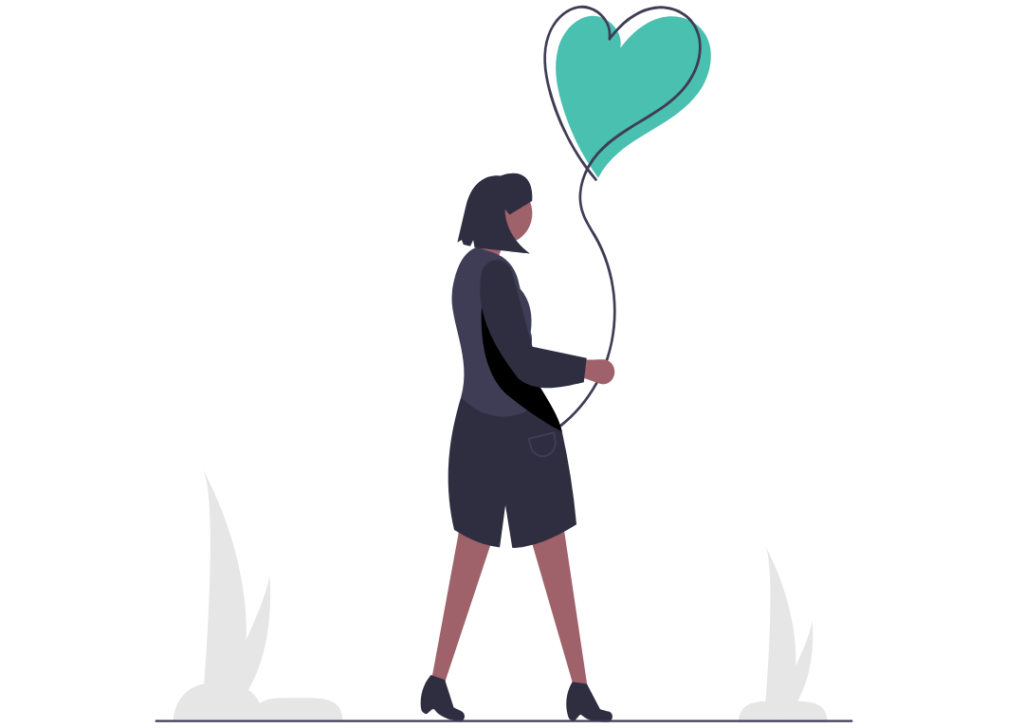
Saying Goodbye to My Mom in 15 Days
Klara was a few years out of college when her seemingly healthy mom was diagnosed with a rare form of cancer beyond treatment.

Steve cared for his wife, who had Primary Lateral Sclerosis, for 15 years when she suddenly had a stroke. That was a wake-up call that his time with her was limited and it was up to him to make the most of it. Steve shares how he retired early to spend more time together, what it is like to see your loved one lose independence, and how he found support in his community and his writing. This is Steve’s story.
As told to Open Caregiving and lightly edited to enhance readability while preserving the author’s voice.
Hi, my name is Steve. I’m a Baby Boomer man from Colorado. I am a caregiver for my wife of thirty-eight years.
I was an IT Manager for a major aerospace company, working 50-60 hour weeks and enjoying both the work and the people I worked with. I believed I was three to five years away from retirement. My wife’s condition with PLS (Primary Lateral Sclerosis) was degenerative, but she could care for herself, drive, and volunteer part time at a local hospital.
Then she had a stroke. I burned sick leave and vacation time and ultimately took early retirement. The option existed to hire someone to care for her and continue working long hours, but the stroke was a wake-up call. My time with her was going to end, and I didn’t want to waste those hours in an office far away from her side.
She is my wife of thirty-eight years. It’s an odd thing, more having to do with being with someone for that long than something specific to caregiving. But when I look at her, I don’t see a sixty-year-old woman. I see what she looked like when I first met her. Her smile today is the same as when I asked her to marry me. When she cries, the tears and the cheeks they run down are no different than any other sorrow we’ve lived through together.
She was diagnosed with PLS (Primary Lateral Sclerosis) fifteen years ago. The need to become her caregiver was inevitable.
I had become accustomed to her having diminished mobility. It was all workable; the wheelchairs, the car with hand controls, the need to pick her up and transfer her. After the stroke, I felt lost. Her total dependence was new, and it took me a long time to accept the new normal.
The loneliness. I’m with her every day and love her as much as I ever did, but I miss who she was and what we could do together. It’s like mourning that never ends because part of the one you love and need in your life is still with you, and part of them is gone forever.
Our daughter lives nearby and can take care of her mom for a day or longer if needed. And I write. I’ve published four novels in the last four years and I’ve blogged about being a caregiver a handful of times.
The community of support I receive from my church has been critical in keeping me sane and grounded. Faith in God allows me to get through the pain and stress of watching my wife slowly leave me. It’s not that I believe that “all things happen for a reason”. It’s that I believe there is no sickness or infirmity in heaven. I’d love to have God heal her today, but if not, I will still believe and still pray in the certainty that we’ll be together and dancing again one day.
Explore every medical option available, but when the research ends and the person you love still needs your care, don’t feel that you’ve been defeated. You’re doing the right thing.
Find and exploit in-person support groups and online help. You’re not alone, others have been where you are today and know just how it feels.
I encourage every caregiver to write about what they are going through. It doesn’t matter if you are eloquent or if anyone else ever reads it. Getting the raw emotions on paper helps you process what you’re going through.
Steve shares his experiences as a caregiver and writer on his blog.

Klara was a few years out of college when her seemingly healthy mom was diagnosed with a rare form of cancer beyond treatment.

As a child, Jill became her mother's primary caregiver after a stroke paralyzed her. She later cared for her father and older sister.

Rose and her husband were about to start the business of their dreams when her mom was diagnosed with stage IV cancer.